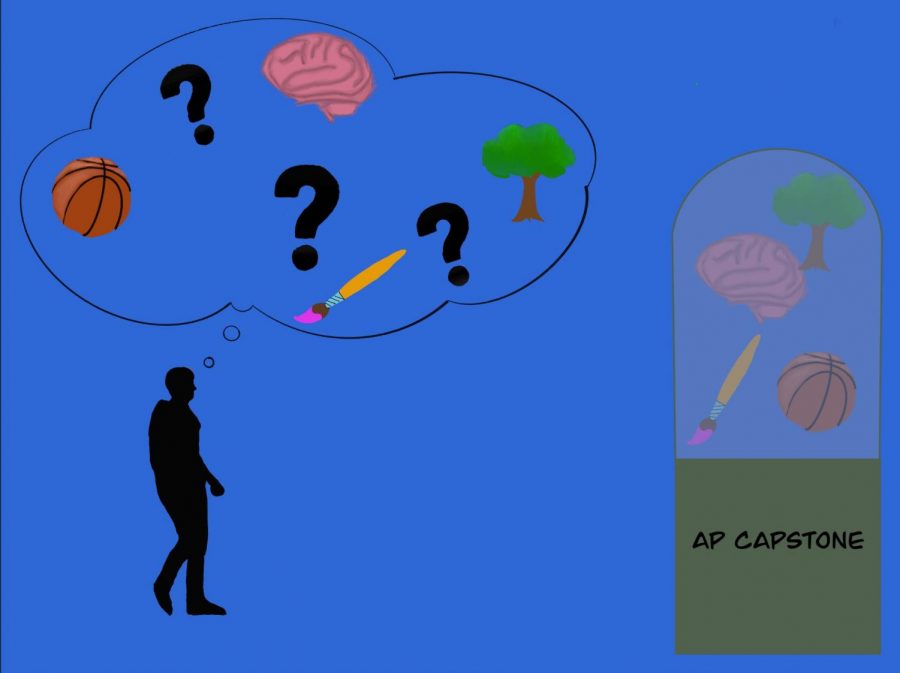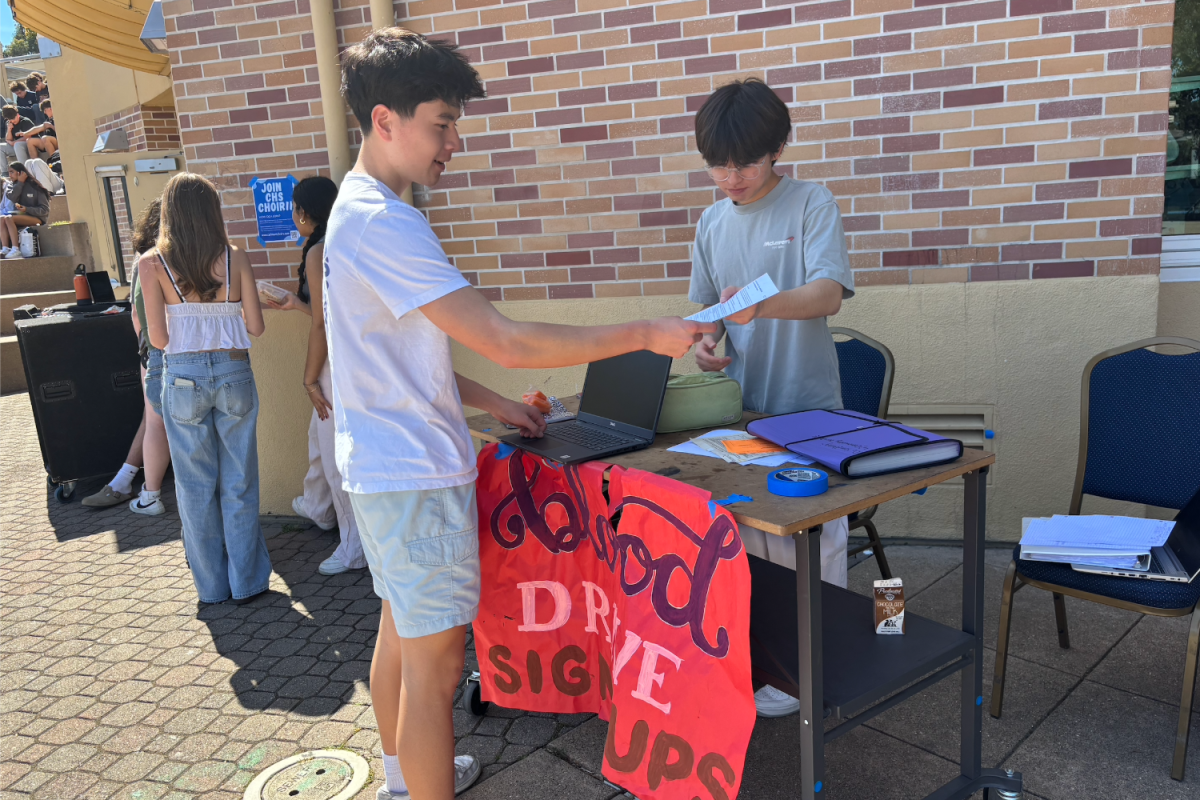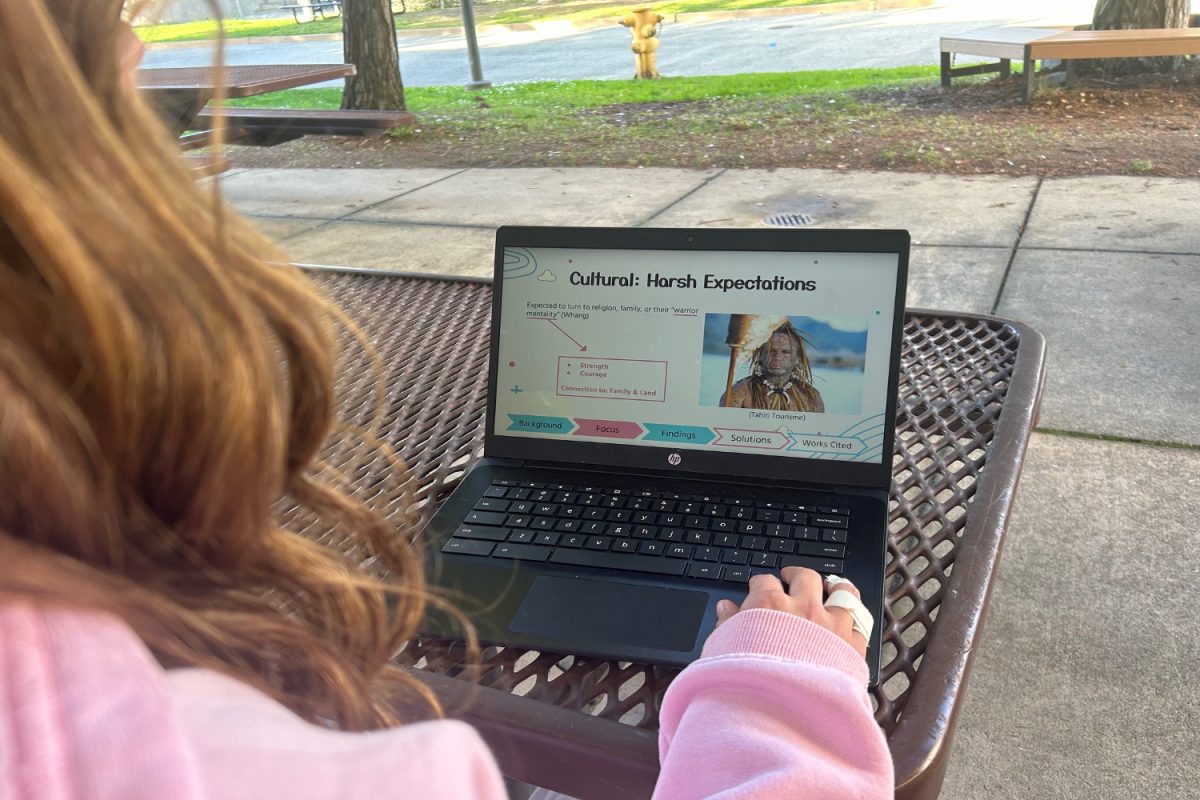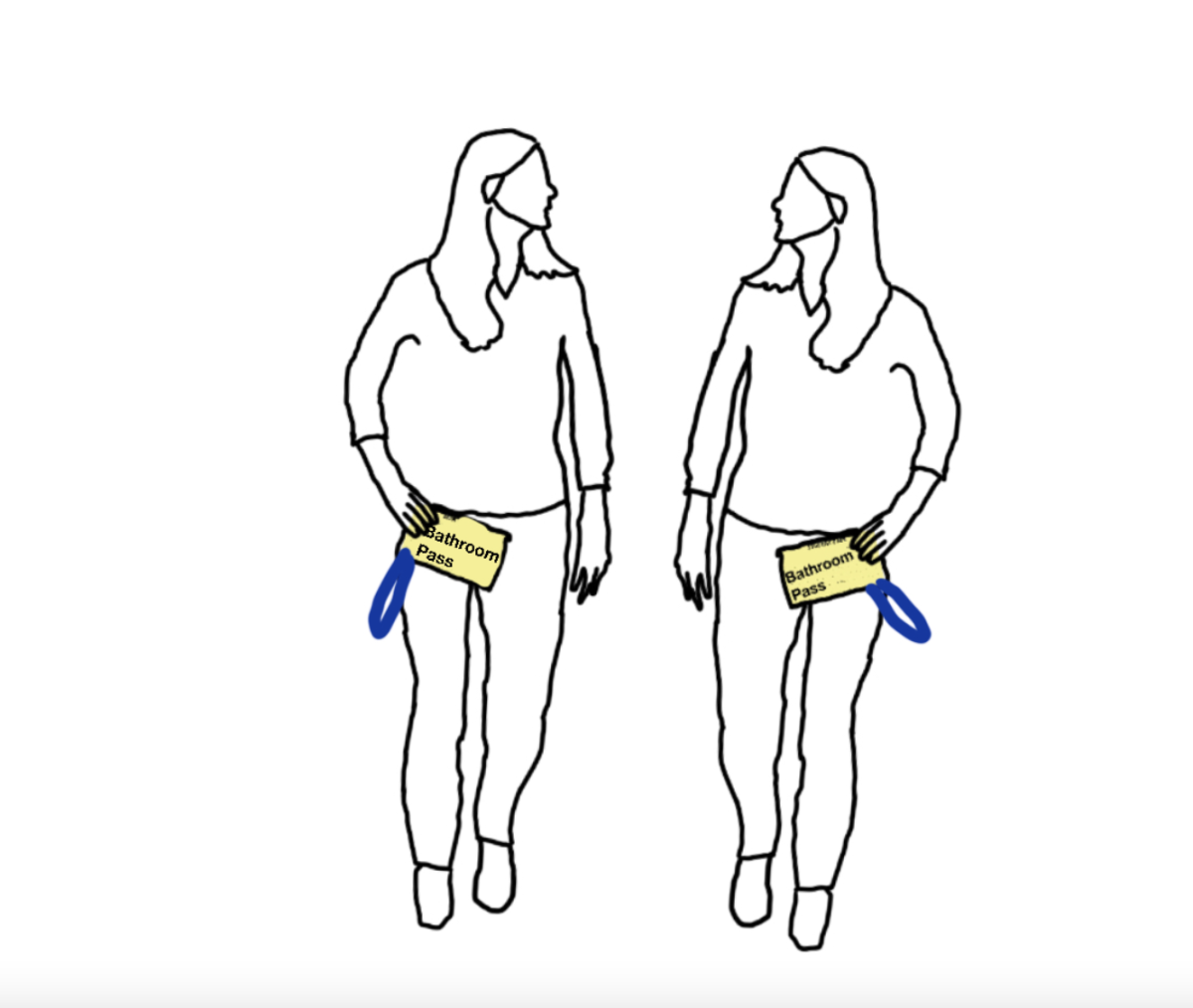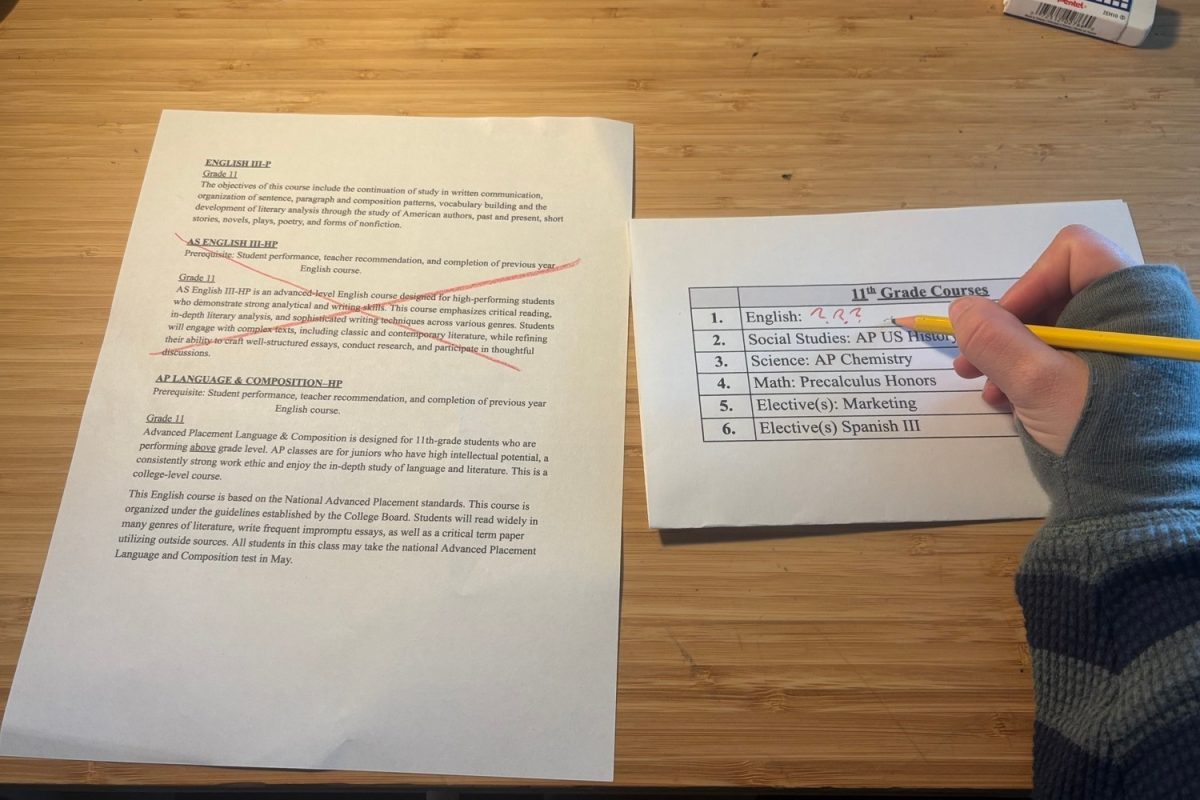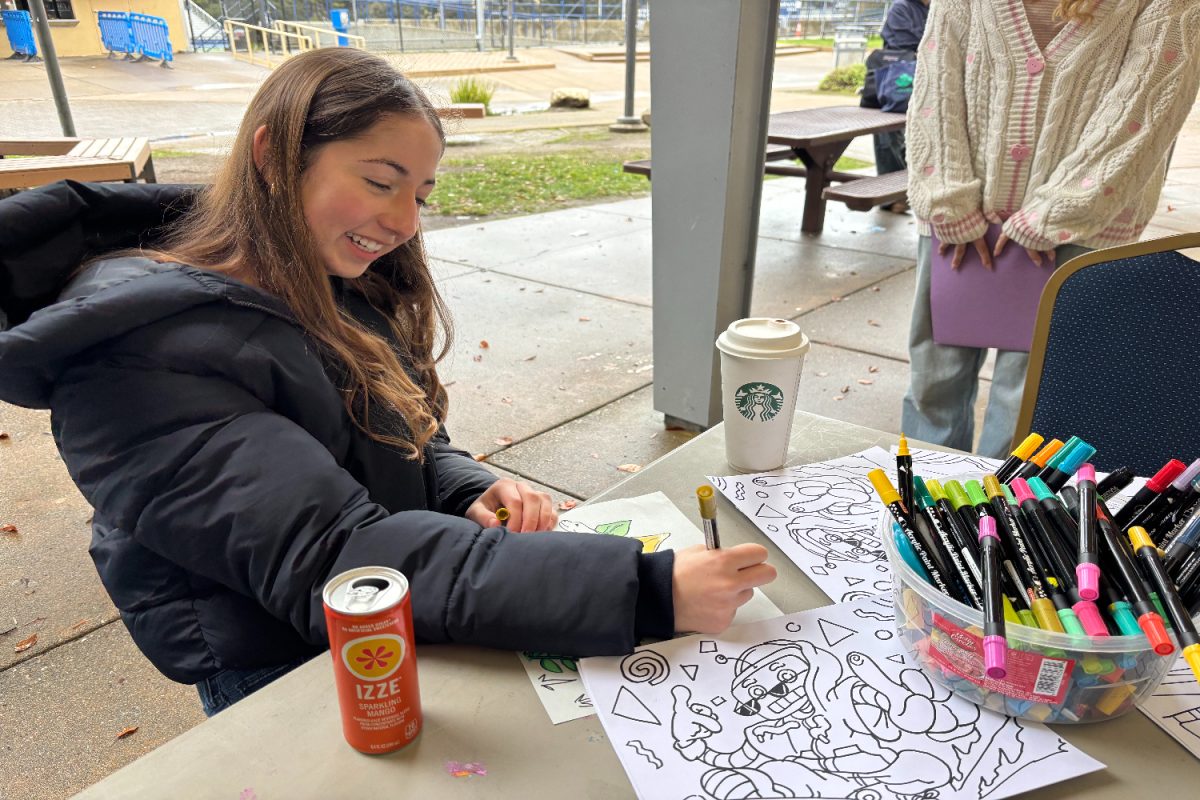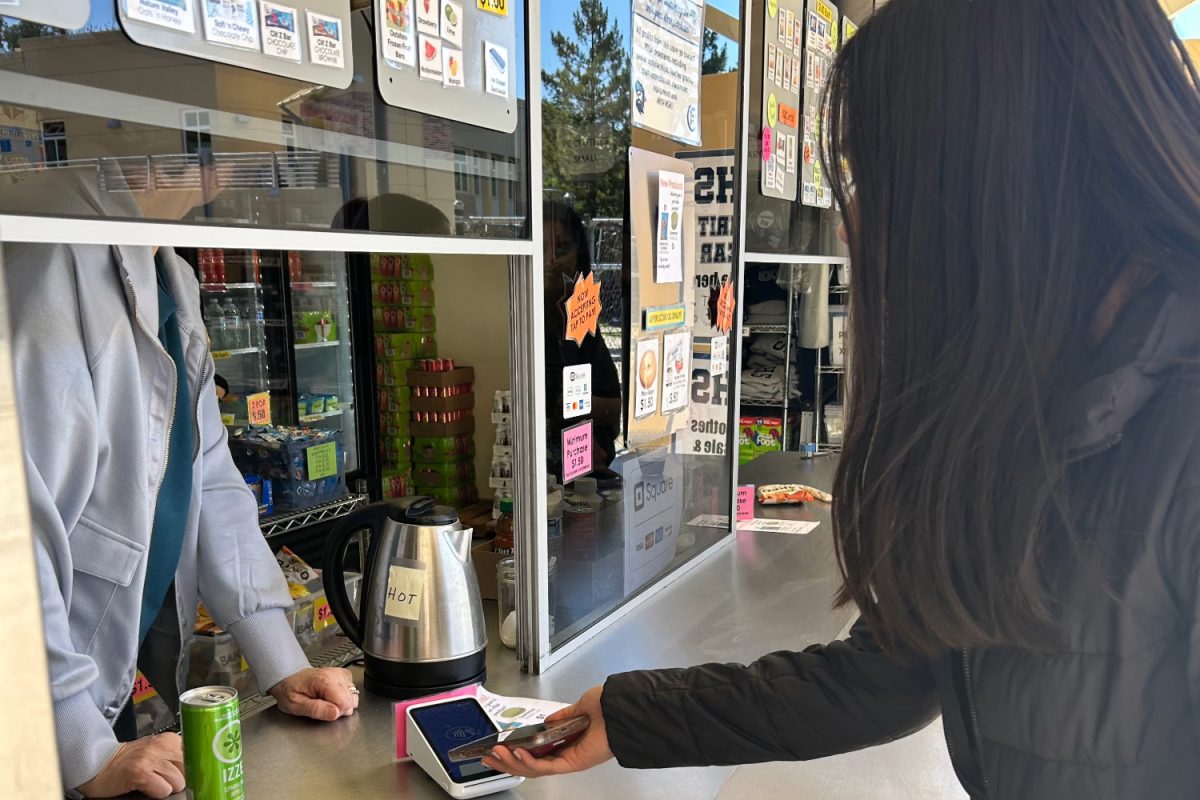As Carlmont students pick their classes for next year, many may consider entering the AP Capstone program. As opposed to content-based courses, the AP Capstone program is a skill-based class that encourages high schoolers to learn essential talents.
“It’s [AP Capstone program] completely different because you’re focusing on skills, mainly researching, collaborating, and presenting,” said Cynthia Shusterman, the AP Seminar teacher.
The AP Capstone program consists of two classes, AP Seminar, and AP Research. AP Seminar is typically populated by juniors and is a prerequisite for AP Research. In the first semester, students work together as a team to create a research question, investigate it, and design a presentation together. The second semester applies those same skills to an individual research question. In AP Research, students are asked to investigate a topic over the whole year. At the end of the year, for their AP exams, both classes must present their research to the College Board. The AP Research exam has an additional academic paper that must be submitted.
The passionate dedication to a semester- or year-long project is what makes the class most interesting for the teachers. Even if students aren’t sure if they have a distinct passion, the AP Capstone program can still be a good fit. Over the course of the project, the questions can evolve to cover a range of topics at various scopes. Through the program, students can find something they genuinely care about.
“Once students get started, and they settle into their research question, that’s when the fireworks go off, and they realize where they’re heading. It’s really exciting as a teacher to be part of that,” said Julie Manuel, the AP Research teacher.
One of the upsides for students is how much freedom is given to research their interests. Instead of being confined to learning about one period in history or a certain scientific discovery, students choose what they want to learn out of the infinitely wide range of topics available, including many subjects which aren’t directly taught in school.
Raj, who is researching how coping with childhood trauma can affect psychological aspects of adulthood, said, “My favorite part about the class has to be the freedom to research what you want. Research your passion.”
The reward for such dedication is also high. According to College Board, students who earn a three or higher score on the AP Seminar and AP Research exams receive the AP Seminar and Research Certificate. If one obtains a score of three or higher on four additional AP exams, they receive the AP Capstone Diploma.
“It’s unique to any other program on campus. It makes you stand out to colleges because they’re excited to see that you are finding a passion project, and you’re committing to two years working on the same idea,” Manuel said.
Although these courses aren’t traditional subjects, the self-guided nature of the program fosters the academic independence and work ethic needed to adapt to college and other long-term projects in the future.
“I hope that they also find some practical use in the class and learn critical thinking skills and get excellent advice to prepare them for success in high school and college,” Shusterman said.

